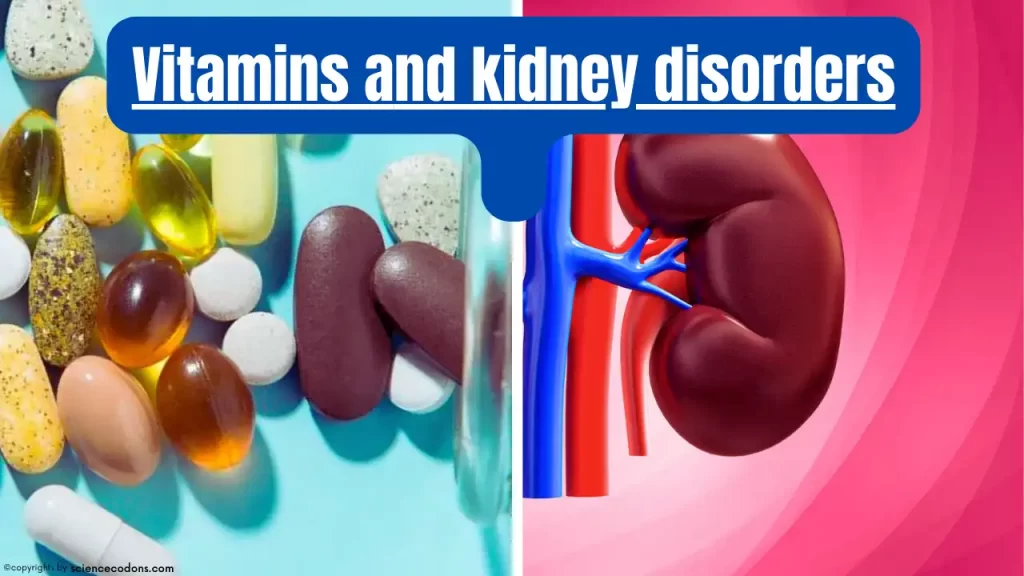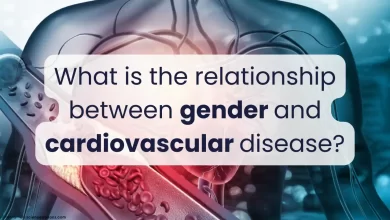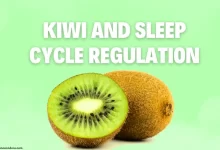While vitamins are essential for overall health, Some vitamins, especially in high doses or in individuals with kidney disease, can exacerbate kidney damage. These vitamins include vitamins A, C, E, K, and the B family (B6, B12).

It is important to note that vitamin supplements can be harmful to patients with chronic kidney disease. Patients with diabetes and kidney damage should avoid high vitamin B and folic acid doses. Multivitamins typically contain lower doses of vitamins and minerals, but they may offer additional benefits for your health.
Please note that this list is not comprehensive, and other vitamins and supplements may be harmful to the kidneys. It is always advisable to consult a healthcare provider or dietitian before taking any vitamins or supplements.
More information about the vitamins are hard on kidneys.
B6 VITAMIN
Pyridoxal phosphate is the active form of vitamin B6 in the body. PLP is involved in transamination and decarboxylation reactions. Muscle glycogen phosphorylase relies on the PLP enzyme for its function. Good sources of vitamins include liver, fish, pineapple, meat, vegetables, and eggs.
Vitamin E
Vitamin E is an essential nutrient crucial in maintaining overall health and well-being. Alpha-tocopherol is the most active vitamin E. Vitamin E protects unsaturated fatty acids from oxidation. Glutathione peroxidase serves as a secondary defense against peroxides. Glutathione peroxidase contains selenium, which is why vitamin E and selenium synergistically enhance each other’s effects.
The consumption of unsaturated fats increases the need for vitamin E. Freezing and cooking food can lead to the loss of vitamin E. Wheat, sunflower oil, corn oil, and soybeans are rich sources of vitamin E.
Vitamin K
Vitamin K is a group of vitamins derived from naphthoquinone and attached to a polyisoprenoid chain. Phylloquinone (K1) is the primary form of vitamin K found in plants, while menaquinone is a form of vitamin K synthesized by intestinal bacteria and found in animal tissues.
Vitamin K synthesizes coagulation factors IX, VII, II, and X. To produce these coagulation factors, the glutamate residues within them must undergo carboxylation and be converted to γ-carboxyglutamate. The carboxylation reaction is catalyzed by a protein called vitamin K-dependent carboxylase. Carboxylation of glutamate residues enables their reaction with calcium ions. Interaction with calcium ions is crucial for blood clotting. Vitamin K is found in plants and animals and is produced by the intestinal microbial flora. Vitamin K deficiency does not occur in adults.






